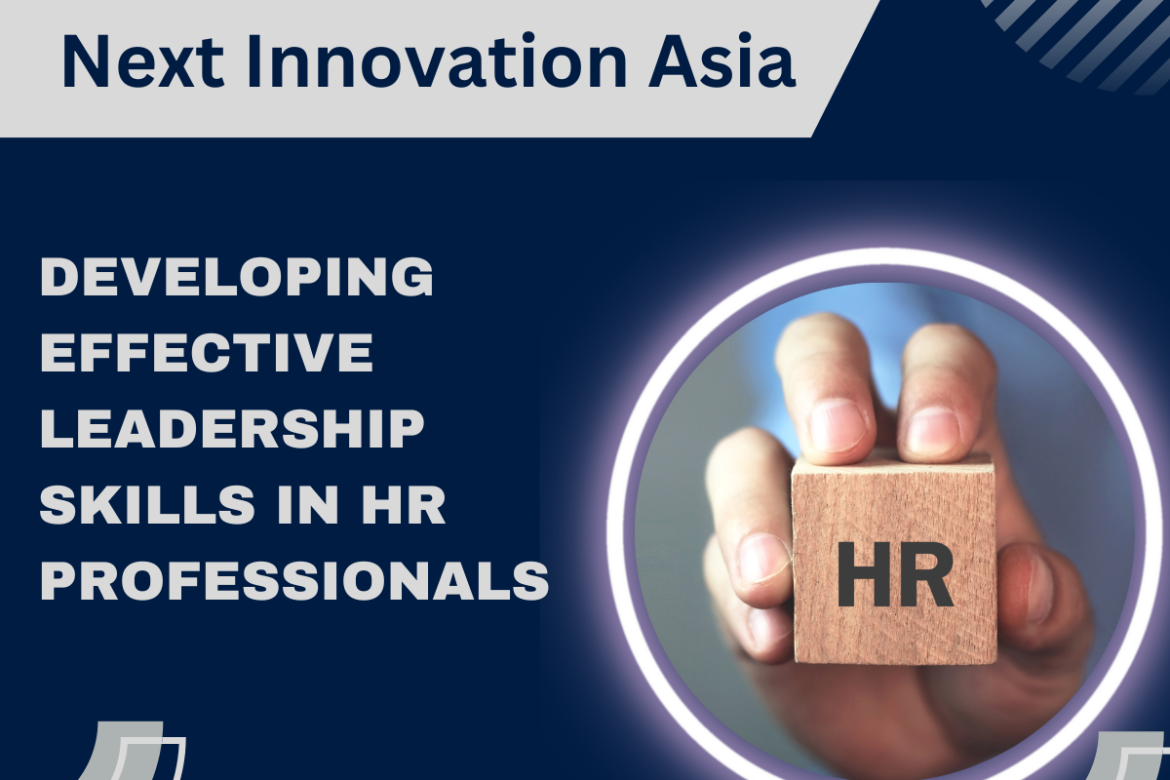Title: A Comprehensive Guide to the Human Resources Specialist Role
Introduction: The role of a Human Resources (HR) Specialist is vital in any organization. HR specialists are responsible for managing various aspects of the employee lifecycle, ensuring compliance with employment laws, and fostering a positive work environment. This guide aims to provide an overview of the responsibilities, skills, and qualifications required to excel in the HR Specialist role.
- Understanding the HR Specialist Role:
- An HR Specialist acts as a liaison between management and employees, ensuring smooth communication and resolving conflicts.
- They handle various HR functions, such as recruitment, onboarding, benefits administration, performance management, employee relations, and compliance.
- HR Specialists play a crucial role in implementing and enforcing HR policies and procedures.
- Core Responsibilities: a. Recruitment and Selection:
- Creating job descriptions and posting job advertisements.
- Conducting candidate screenings, interviews, and reference checks.
- Assisting in the selection and onboarding process.b. Onboarding and Orientation:
- Facilitating new hire orientation programs.
- Coordinating paperwork, including employment contracts and benefits enrollment.
- Assisting new employees with integrating into the organization.c. Employee Relations:
- Addressing employee concerns, conflicts, and grievances.
- Mediating disputes and fostering a positive work environment.
- Conducting investigations into misconduct or policy violations.d. Performance Management:
- Assisting in the development and implementation of performance appraisal systems.
- Providing guidance on performance improvement plans.
- Supporting managers and employees in goal setting and career development.e. Compensation and Benefits:
- Administering employee benefits programs, such as health insurance and retirement plans.
- Managing payroll processes and ensuring compliance with wage and hour laws.
- Conducting salary analysis and benchmarking.f. Compliance and Policies:
- Staying up to date with employment laws and regulations.
- Ensuring HR policies, procedures, and practices are compliant.
- Handling employee records and confidentiality.
- Skills and Qualifications:
- Strong knowledge of HR principles, employment laws, and best practices.
- Excellent communication, interpersonal, and negotiation skills.
- Detail-oriented and proficient in handling confidential information.
- Ability to multitask, prioritize, and meet deadlines.
- Proficiency in HR software systems and technology.
- Strong problem-solving and decision-making abilities.
- Education and Professional Development:
- A bachelor’s degree in human resources, business administration, or a related field is often preferred.
- Professional certifications such as SHRM-CP (Society for Human Resource Management-Certified Professional) or PHR (Professional in Human Resources) are beneficial.
- Continuous learning through workshops, seminars, and HR conferences is essential to stay updated with industry trends.
- Personal and Professional Growth:
- Networking with HR professionals and joining HR associations.
- Seeking mentorship and learning from experienced HR leaders.
- Taking on challenging projects and seeking opportunities for career advancement.
Conclusion: The role of an HR Specialist encompasses diverse responsibilities, from recruitment and onboarding to employee relations and compliance. By developing the necessary skills, pursuing relevant education, and embracing continuous learning, HR Specialists can make significant contributions to their organizations and create a positive and productive work environment.
Became a Certified HR Professional. Join Next Innovation Asia, The best HR Training Institute in chennai, we offering Practical HR Courses with Assured Job Support.
Join us to grow your career in HR Domain

